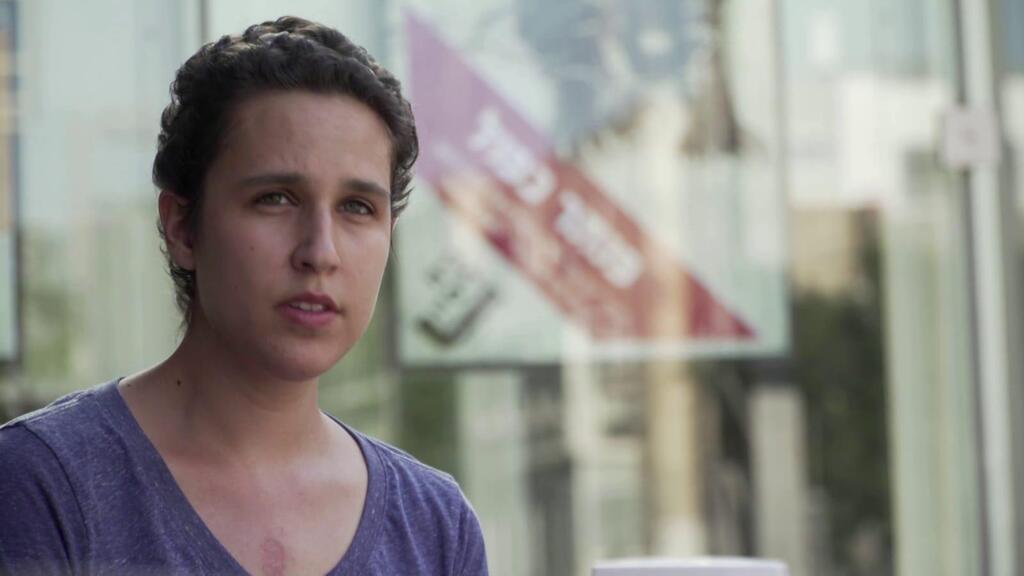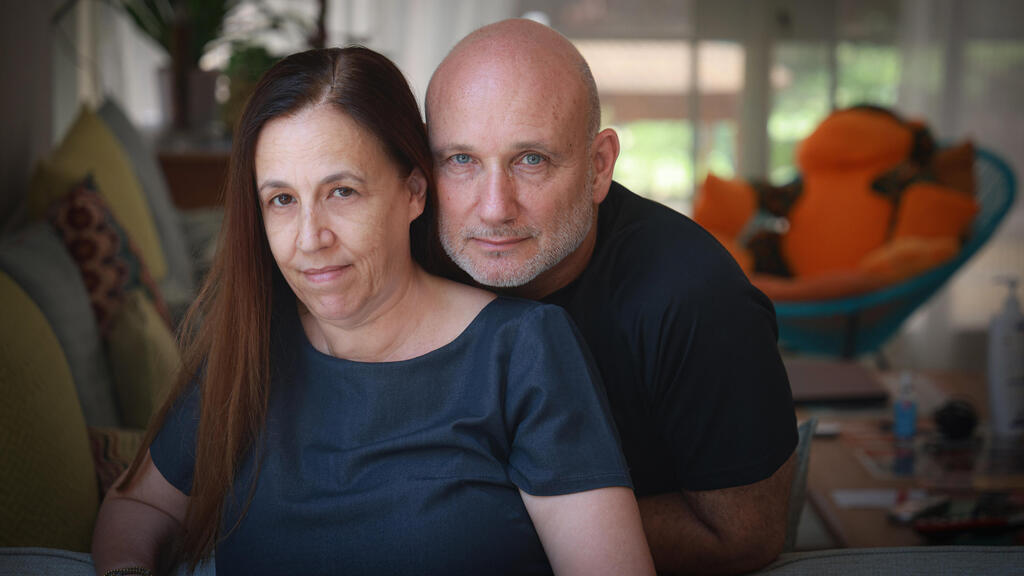In a groundbreaking decision, Israel’s Family Court has approved the use of a deceased woman’s eggs for donation, marking two unprecedented milestones: allowing posthumous use of eggs and permitting their implantation in a known recipient chosen by the woman’s parents.
Tamar Schwartz, mother of the late Noam Rozenboim, expressed her gratitude. “There will be continuity for our remarkable Noam. We will now move forward to the next step and donate the eggs to a woman in need, helping her bring children into the world.”
Noam Rozenboim, a young athlete who dedicated her life to giving back, died two years ago at the age of 24 after battling a rare cancer near her heart. Before starting chemotherapy, Noam preserved her fertility by freezing her eggs.
After her death, her parents discovered legal and regulatory hurdles preventing the use of her eggs. While Noam had expressed her desire to donate them to women in need, the consent forms signed before egg retrieval lacked provisions for posthumous use.
"Right after the shiva, I called the Rabin Medical Center and said, ‘Give me the eggs,’” Tamar recounted in an interview with Yediot's 7 Days. “I needed something to hold onto. It gave me hope that Noam’s legacy could live on. Noam herself wanted this – she was all about giving. Even in death, she wanted to give.”
Fighting for Noam’s wishes
Determined to honor Noam’s wishes, her parents, Tamar and Sapir, sought court approval to validate oral and written testimonies as legally binding substitutes for formal written consent. At the same time, they worked to amend Israel’s egg donation consent forms, enabling other women to decide in their lifetime what should happen to their eggs in the event of untimely death.
Israel’s High Court of Justice referred the case to the Family Court, which issued its landmark ruling earlier this month.
“When we rose from the week-long mourning, Sapir and I vowed to fulfill Noam’s wish to donate her eggs,” said Tamar. “It was an emotionally exhausting battle, but we succeeded. There will be continuity for our incredible Noam. Words cannot describe the joy and excitement my family and I feel. I’m grateful we could pave the way for other families to avoid the struggles we faced before the court’s decision. Now we move to the next stage: donating the eggs to a woman who needs them to bring life into the world.”
A legal and social milestone
Victoria Gelfand, the attorney representing Noam’s parents alongside Daphna Cohen Stow and Bat Chen Greenblatt, praised the court's decision.
“This precedent-setting ruling marks the culmination of a two-year legal process involving the Ministry of Health and the courts,” said Gelfand. “Beyond the personal significance of fulfilling Noam’s pure wish to donate her eggs, this ruling holds great societal importance as the first of its kind addressing posthumous egg donation. Our legal battle shed light on women’s rights to decide the fate of their eggs during fertility treatments.”
 Victoria Gelfand
Victoria GelfandThis landmark ruling not only honors Noam’s legacy but also sets a powerful precedent, granting women more autonomy over their reproductive choices and offering hope to families navigating similar circumstances.
Get the Ynetnews app on your smartphone:



